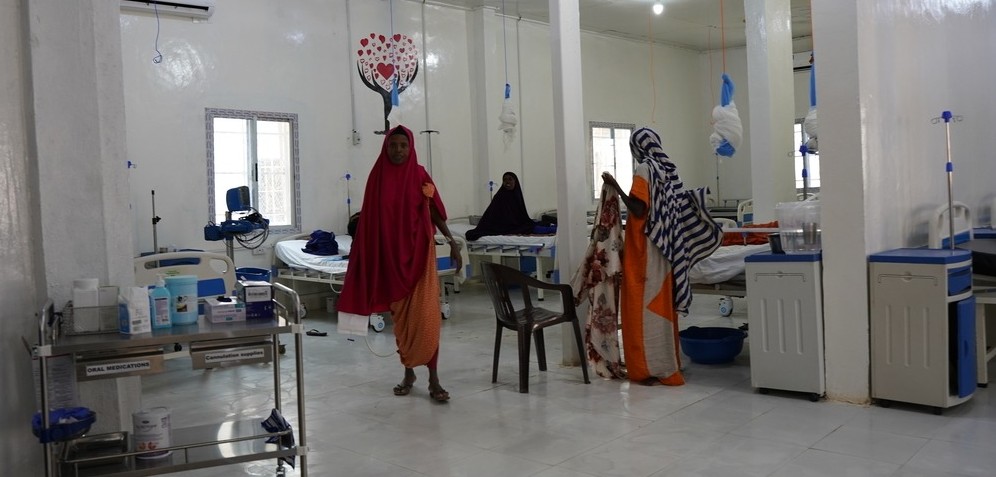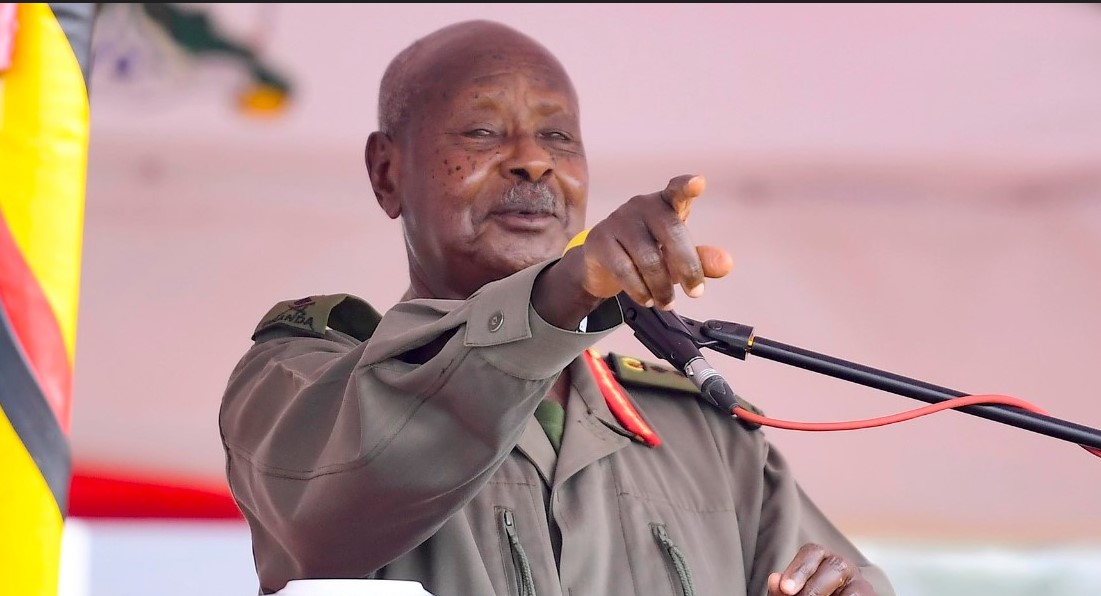MPs reject ban on TikTok, call for regulatory oversight

The National Assembly Committee on Public Petitions dismissed the petition arguing that such an action would infringe on the rights to freedom of expression and freedom of media.
A parliamentary committee has recommended that the government should conduct regular compliance checks on TikTok’s operations rather than impose a total ban on the platform.
The National Assembly Committee on Public Petitions dismissed a petition seeking a complete prohibition of TikTok, arguing that such an action would infringe on the rights to freedom of expression and freedom of media.
More To Read
- TikTok removes over 590,000 videos in Kenya for violating guidelines
- Most used social media platforms worldwide in 2025
- OpenAI takes on TikTok, Instagram Reels with new social media app Sora
- Four TikTokers arrested over viral video mocking Somali president
- France moves to ban minors from social media with bold 'digital curfew'
- Kenyans hooked on social media, spending up to six hours a day - survey
“The committee rejects the prayer as a total ban on TikTok is not tenable as it violates fundamental rights and freedoms in the country,” the Committee said in its report presented in Parliament.
The Committee chaired by Kitui East MP Nimrod Mbai, highlighted concerns that a ban would significantly limit innovation and creativity among content creators.
“A ban will restrict the right to freedom of expression and freedom of the media, both constitutional rights in our democracy,” reads the report.
The committee also expressed that limiting social media operations would be counterproductive, as Kenya aims to bolster its digital economy.
“A ban on the social media platform would stifle social and economic growth and the benefits of internet connectivity as the nation seeks to enhance its digital economy,” the Committee said.
Regular government reviews
In the report, the committee stressed the need for all social media platforms, including TikTok, to be regulated with their operations subject to regular government reviews.
Despite not supporting an outright ban, the committee raised significant concerns regarding TikTok’s operations, covering national security, privacy, content moderation, and compliance with Kenyan law.
“The Ministry of Home Affairs and the Ministry of ICT and Digital Economy shall work together to enhance user protection and cybersecurity on social media platforms, including TikTok, and report to Parliament within four months of the submission of this report,” the committee said.
The committee also addressed the platform's inadequate safety tools for young users noting, “These resources and tools include empowering users to report inappropriate content, tips on how to prevent cyberbullying, scams and sexual assault, as well as improving digital wellbeing.”
Additionally, it highlighted concerns regarding TikTok’s lack of an effective age verification mechanism.
“TikTok's user identification mechanism allows a user to create multiple accounts with different details. This could lead to potential misuse of the platform in violation of the community guidelines,” reads the report.
Regarding the economic implications, the committee noted insufficient clarity on TikTok’s contributions to Kenya's Gross Domestic Product (GDP) and expressed concerns about the lack of monetization options for content creators.
Other Topics To Read
“For example, the application does not have a monetization policy in the country for content creators to earn directly from their content,” the committee said.
No local offices
The committee further pointed out that TikTok does not maintain local offices in Kenya for users to report issues and follow up on their concerns.
Earlier in March, Interior Cabinet Secretary Kithure Kindiki informed the committee that the National Security Council was contemplating restricting public servants from using TikTok to safeguard sensitive data.
“This matter is so complex, so consequential that it is not easy to look in one direction and decide whether to ban TikTok or not. The petition raises very serious issues. The issues go to the heart of the safety and security of our people,” Kindiki said then.
The petition for a total ban was introduced in Parliament in August last year by Bob Ndolo, CEO of Bridge Connect consultancy. He urged lawmakers to take action against TikTok, claiming it perpetuates violence and explicit sexual content, particularly among the youth.
Ndolo claimed that the platform is unregulated by the Communications Authority of Kenya and has been used to promote hate speech and vulgar language that threaten the country’s cultural and religious values.
In his petition, he expressed concerns about the addictive nature of TikTok, warning that it could lead to declines in academic performance and increases in mental health issues among young people.
The committee urged national security agencies to assess the potential risks posed by platforms like TikTok, advocating for prioritising data security to protect the country’s cyberspace.
It also called for the Data Protection Commissioner to enforce actions to safeguard the rights of data subjects.
The committee emphasised the necessity of amending the Kenya Information and Communication Act to empower the Communications Authority to regulate social media platforms and their content moderation practices.
“There is a need to amend the Act to empower the Authority to regulate social media platforms and content moderation as media platforms,” reads the report.
Top Stories Today












































